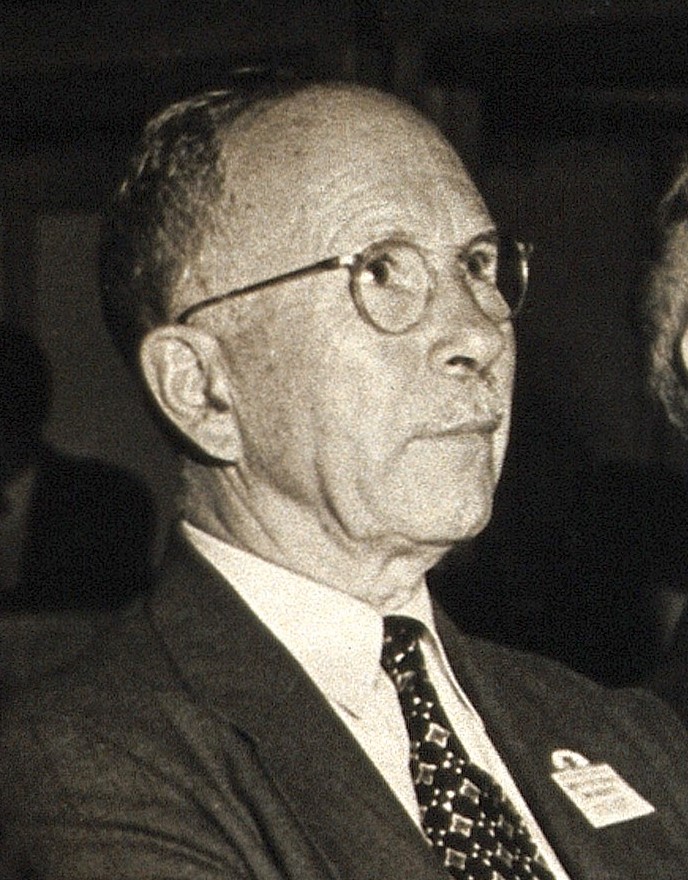Lewis Hackett on:
[Wikipedia]
[Google]
[Amazon]
 Lewis Wendell Hackett (14 December 1884 - Washington, 28 April 1962) was an American physician who worked in Italy, Albania and South America to combat
Lewis Wendell Hackett (14 December 1884 - Washington, 28 April 1962) was an American physician who worked in Italy, Albania and South America to combat
 Lewis Wendell Hackett (14 December 1884 - Washington, 28 April 1962) was an American physician who worked in Italy, Albania and South America to combat
Lewis Wendell Hackett (14 December 1884 - Washington, 28 April 1962) was an American physician who worked in Italy, Albania and South America to combat malaria
Malaria is a Mosquito-borne disease, mosquito-borne infectious disease that affects vertebrates and ''Anopheles'' mosquitoes. Human malaria causes Signs and symptoms, symptoms that typically include fever, Fatigue (medical), fatigue, vomitin ...
.
Life
Hackett graduated fromHarvard Medical School
Harvard Medical School (HMS) is the medical school of Harvard University and is located in the Longwood Medical and Academic Area, Longwood Medical Area in Boston, Massachusetts. Founded in 1782, HMS is the third oldest medical school in the Un ...
in 1913. The following year he became part of the International Health Division
The Rockefeller Foundation is an American private foundation and philanthropic medical research and arts funding organization based at 420 Fifth Avenue, New York City. The foundation was created by Standard Oil magnate John D. Rockefeller ("Seni ...
of the Rockefeller Foundation
The Rockefeller Foundation is an American private foundation and philanthropic medical research and arts funding organization based at 420 Fifth Avenue, New York City. The foundation was created by Standard Oil magnate John D. Rockefeller (" ...
, whose task was the eradication of certain diseases of particular social importance in different parts of the world. From 1914 to 1924 he worked in Central America. In 1924 he was transferred to Italy.
Hackett had the opportunity to collaborate with the Italian doctor Alberto Missiroli, at the Laboratory of Public Health of Rome
Rome (Italian language, Italian and , ) is the capital city and most populated (municipality) of Italy. It is also the administrative centre of the Lazio Regions of Italy, region and of the Metropolitan City of Rome. A special named with 2, ...
, who was interested in the implementation of preventive measures for malaria control based on the control of mosquitoes. Together with Bartholomew Gosio, he founded the School of Malariology in Nettuno
Nettuno is a town and ''comune'' of the Metropolitan City of Rome in the Lazio region of central Italy, south of Rome. A resort city and agricultural center on the Tyrrhenian Sea, it has a population of approximately 50,000.
Economy
It has a ...
. He began to experiment with DDT
Dichlorodiphenyltrichloroethane, commonly known as DDT, is a colorless, tasteless, and almost odorless crystalline chemical compound, an organochloride. Originally developed as an insecticide, it became infamous for its environmental impacts. ...
against Anopheles
''Anopheles'' () is a genus of mosquito first described by the German entomologist Johann Wilhelm Meigen, J. W. Meigen in 1818, and are known as nail mosquitoes and marsh mosquitoes. Many such mosquitoes are Disease vector, vectors of the paras ...
mosquito
Mosquitoes, the Culicidae, are a Family (biology), family of small Diptera, flies consisting of 3,600 species. The word ''mosquito'' (formed by ''Musca (fly), mosca'' and diminutive ''-ito'') is Spanish and Portuguese for ''little fly''. Mos ...
es, vectors of the disease.
In 1925, Hackett and Missiroli, with funding from the Rockefeller Foundation, started the work which led to the creation of the Istituto Superiore di Sanità
The ''Istituto Superiore di Sanità'' (Italian National Institute of Health, literally 'Higher Health Institute'), also ISS, is an Italian public institution that, as the leading technical-scientific body of the Italian National Health Service ( ...
. Hackett and Frederick W. Knipe led work in Albania to control Malaria where the British engineer, Betty Lindsay, was employed until 1939.
In 1940, with the outbreak of World War II, Hackett left Italy to go to South America where he remained until 1949. Overall, Hackett worked in seventeen countries. He was the first editor of the ''American Journal of Tropical Medicine and Hygiene'' when it was created in 1952 and president of the American Society of Tropical Medicine and Hygiene (ASTMH) in 1959. In 1953 he was awarded the Walter Reed Medal from the American Society of Tropical Medicine and Hygiene
The American Society of Tropical Medicine and Hygiene (ASTMH) is an Arlington, Virginia-based non-profit organization of scientists, clinicians, students and program professionals whose longstanding mission is to promote global health through the ...
.
Publications
* LW Hackett, Malaria in Europe. An ecological study, London: Oxford University Press, 1937. * Lewis W. Hackett, Alberto Missiroli, The varieties of Anopheles maculipennis and their relation to the distribution of malaria in Europe, Journal of malariology 14:45-109, 1935.References
* WFBynum and Helen Bynum, "Wendell Lewis Hackett." In: Dictionary of medical biography, Westport (CT): Greenwood Press, 2007, vol. 3, pp.. 593-4. * DH Stapleton, Internationalism and nationalism: the Rockefeller Foundation, public health, and malaria in Italy, 1923-1951. Parasitology 42 (1-2) :127-34, 2000 * Stapleton DH, Lewis W. Hackett and the early years of the International Health Board's Yellow Fever Program in Brazil, 1917-1924., Parasitology 47 (3-4) :353-60, 2005. * Anna Cecilia Farina and Bedetti (eds), organic elemental microanalysis. Collection of tools, National Institute of Health, the series "The assets of historical-scientific", p. 31-33, 2007 * Philip J. Rosenthal, Joseph M. Vinetz, Cathi Siegel and James W. Kazura, "Volume 100 of the American Journal of Tropical Medicine and Hygiene." The American Journal of Tropical Medicine and Hygiene, Volume 100, Issue 1, Jan 2019, p. 3 - 4. {{DEFAULTSORT:Hackett, Lewis Malariologists American medical researchers Harvard Medical School alumni American tropical physicians Presidents of the American Society of Tropical Medicine and Hygiene 1884 births 1962 deaths